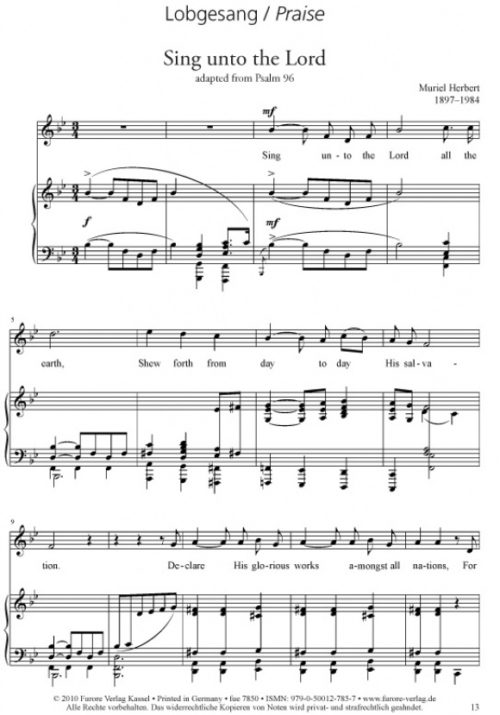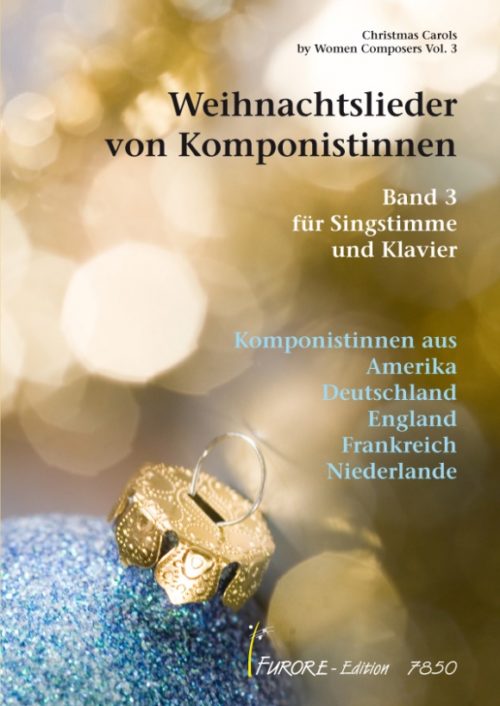Rebecca Clarke, composer and violist
Rebecca Clarke (1886-1979) was born in Harrow, England to an American father and a German mother. Educated at London’s Royal College of Music, she studied composition with Sir Charles Stanford; she was his first woman student.
Clarke had a long career as a professional violist; in 1913 she was one of the first women to be admitted to the Queen’s Hall Orchestra. She achieved fame as a composer with her Viola Sonata (1919) and Piano Trio (1921), both written for competitions sponsored by Elizabeth Sprague Coolidge. Throughout the twenties Clarke steadily wrote chamber music and songs, much of it for her fellow performers.
Based in London from 1924 to 1939, Clarke toured extensively, performed with a number of ensembles, and broadcast over the BBC. She spent the years of World War II in the U.S. 1939 to 1941 was another period of compositional productivity. In 1944 she married pianist James Friskin, who had been a fellow student at the Royal College, and settled in New York, where she lived until her death at age 93.
While she achieved some recognition as a composer in her lifetime, Clarke often felt conflicted about composing. Issues including her use of the pseudonym “Anthony Trent” in 1918 for her (still unpublished) piece “Morpheus for Viola and Piano”, and difficulty in finding publishers for her music (even after the success of her Viola Sonata) illustrate some of the ways that gender affected her career trajectory and self-image as a composer. Her life story, in many ways a poignant one, offers insight on a creative woman whose greatest successes are her compositions themselves, even those that still await to be discovered.
More information see:
www.rebeccaclarke.org/



